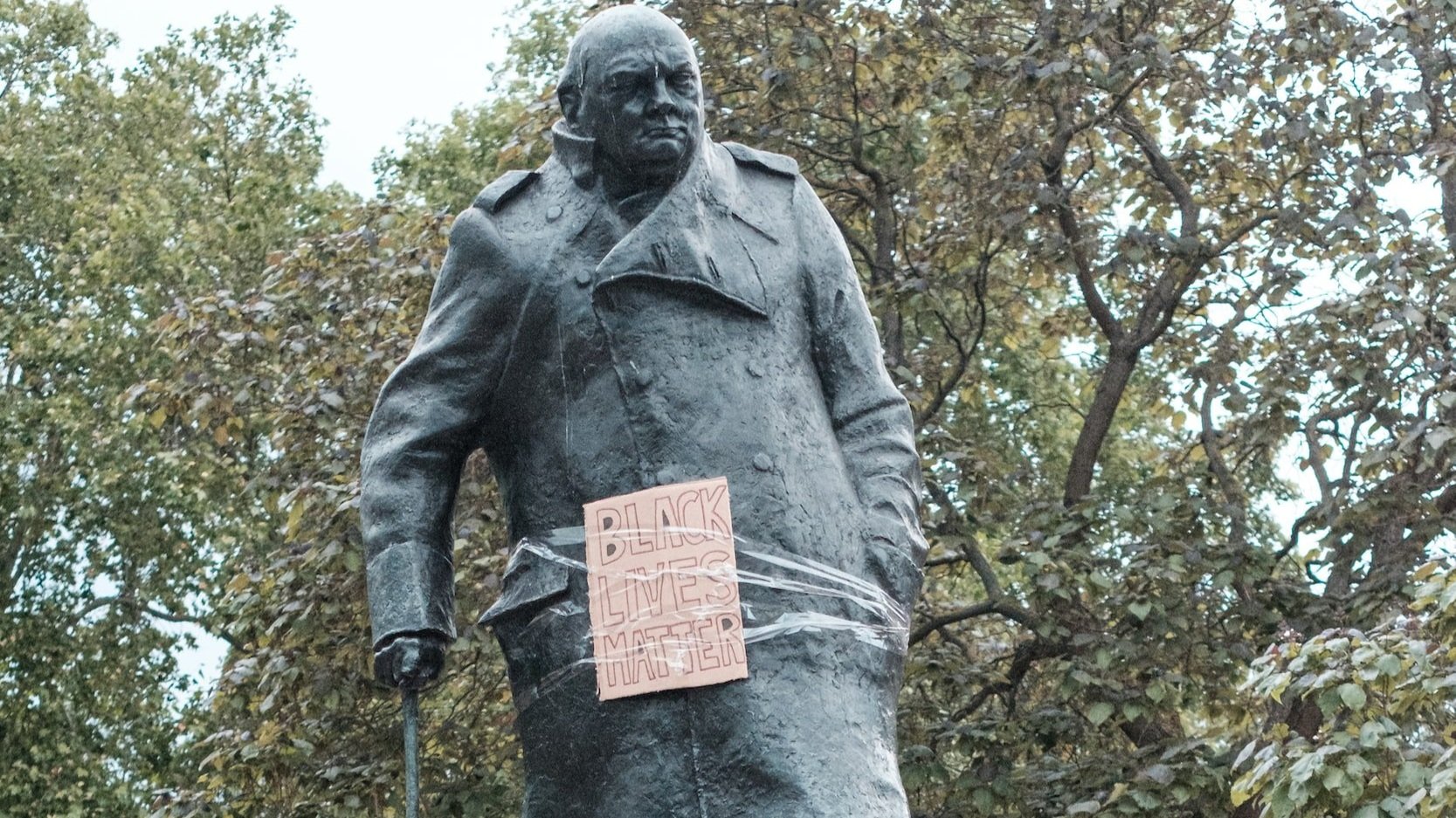What kinds of stories are etched into the physical spaces that surround us? How do the plaques, murals and monuments in our communities shape what can be learned, understood, and remembered? Can we view these places as readable and writable, and ourselves as literate agents responsible for helping to craft the stories of home: who lived here? What did they do? What happened here? Why does it matter?
As a class, we will explore these questions by looking at the commemorative landscape and collective memory in our home for the summer, the World Heritage City of Bath, and also that of its neighbour, Bristol, where the toppling of the statue of the slave-trader, Edward Colston, made headlines around the world. We will walk, observe, snap pictures, analyse, write, and talk about the histories that are made public, and raise questions about the range of pedagogical encounters curated for people wandering through, growing up in, and living within the city.
Throughout, we will work closely with local museums and organisations, including with our partners at the primary (elementary) schools where ASE’s students have placements, exploring and critiquing how this commemorative landscape is presented and experienced in an educational context. A participatory storytelling project will be developed in concert with local students, addressing questions about public memory raised on the course and in the classroom. We will also turn to communities around the world who have asked similar questions and explore their strategies and struggles in shaping collective memory.
An overnight study trip takes us to the Museum of London Docklands and other sites in the capital where a reconsideration of collective memory, for instance surrounding the Transatlantic trade in enslaved people, is especially prominent.

